Retinoids vs Retinol: What's the Difference?
Written by: Lucy Partington
Updated on: 20 August 2024
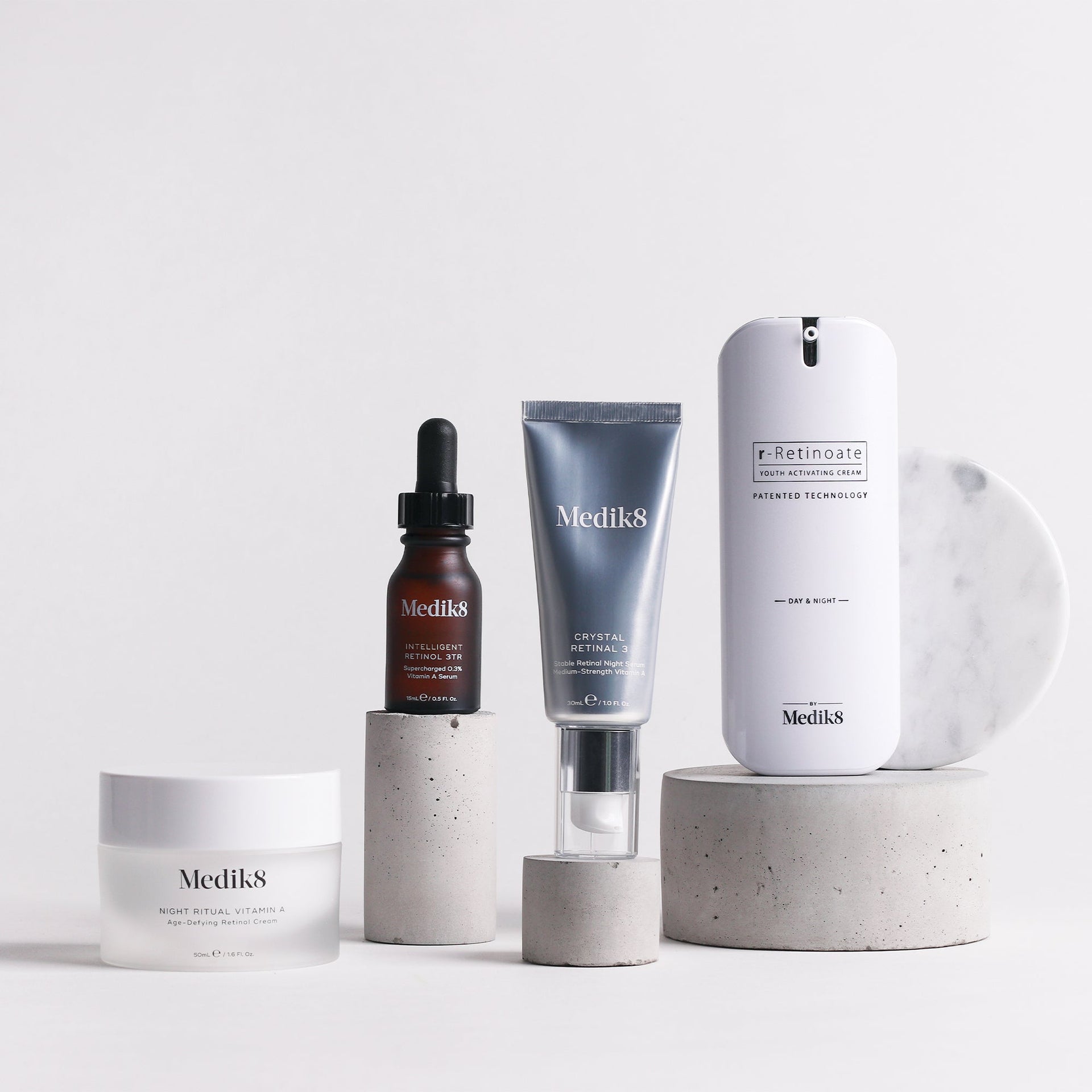
Retinol or retinoids? Retinoids or retinol? The world of vitamin A
can be incredibly confusing, but it doesn’t have to be that way – and we’re here to prove it once and for all.
Chances are you’ve heard of both ingredients, but whether you’ve noticed them being used interchangeably, or if you’ve spent time wondering what the difference between the two is – or if there even is a difference – then keep reading, because this article is for you.
So, before we continue, the most important thing to know is that retinol is a type of retinoid – both of which are forms of vitamin A. That’s it in a nutshell, but if you’re curious about what other forms of retinoids exist, what they can do for you and your skin, how they work and the best products to use, plus how to incorporate them into your existing routine, then we’ve got the answers.
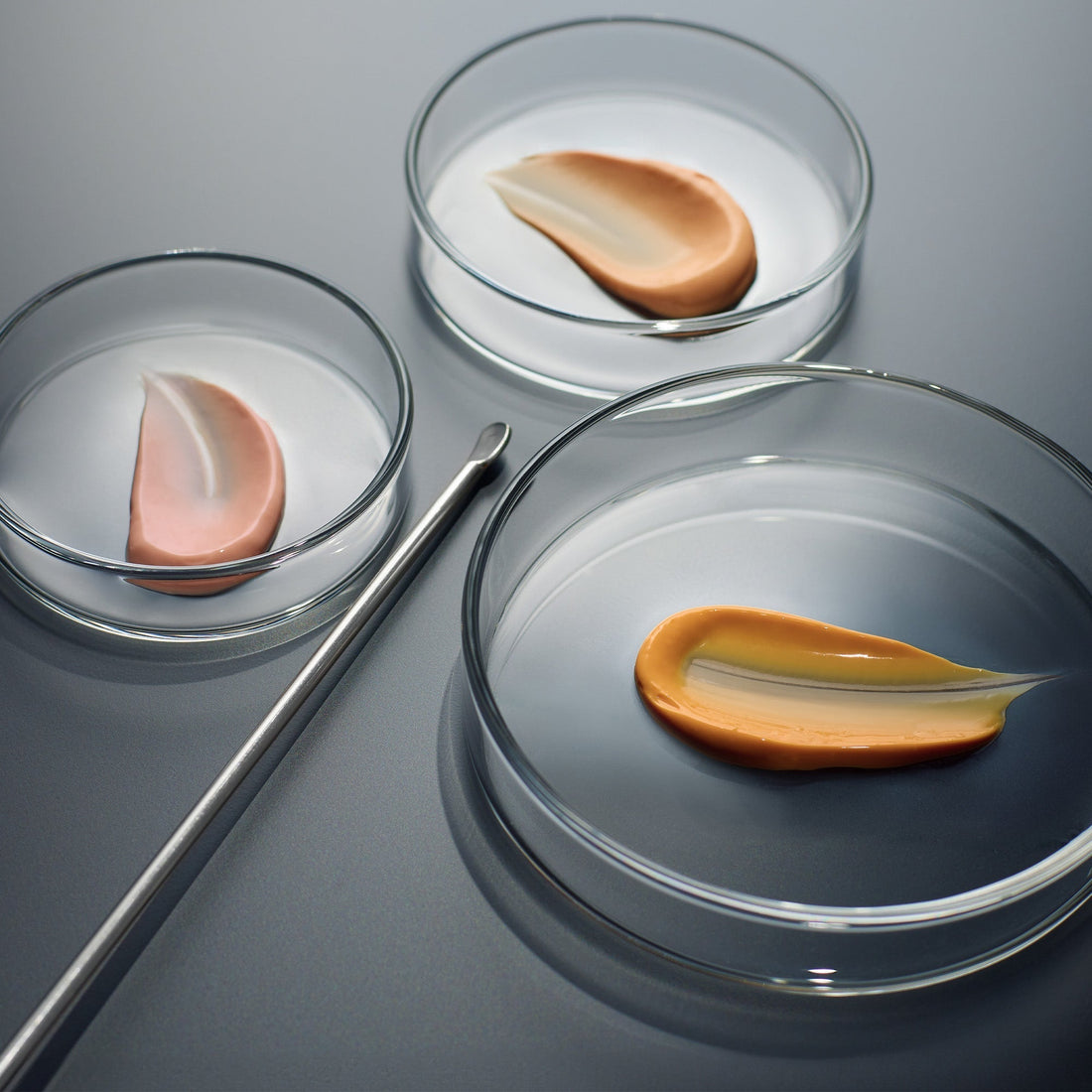
What are retinoids?
Put simply, ‘retinoids’ is the overarching term for all vitamin A derivatives. The most common forms of vitamin A – and the ones that you’ll see Medik8 experts talking about the most – are retinol and retinal (which is short for retinaldehyde), but there are a few other types worth knowing about and that we use in our products, too.
Retinoids are known and loved within the skincare space thanks to their incredible youth-renewing properties, which are achieved by working to stimulate and encourage collagen production and by increasing levels of hydration. In turn, with continued use, they help skin appear more radiant and smooth, while fine lines and wrinkles are gradually diminished.
What is retinol?
Retinol is one of a few various types of retinoids, so in essence, they are the same thing. Retinol is most often found in over-the-counter products, such as moisturisers and serums (i.e., those that are available without a prescription), and it is suitable for most skin types, especially those who are new to vitamin A or who may have sensitive skin.
Retinol is generally weaker than prescription retinoids, and when it’s used in skincare formulations, it converts into retinoic acid in the skin, making it less irritating than stronger forms – but more on that later.
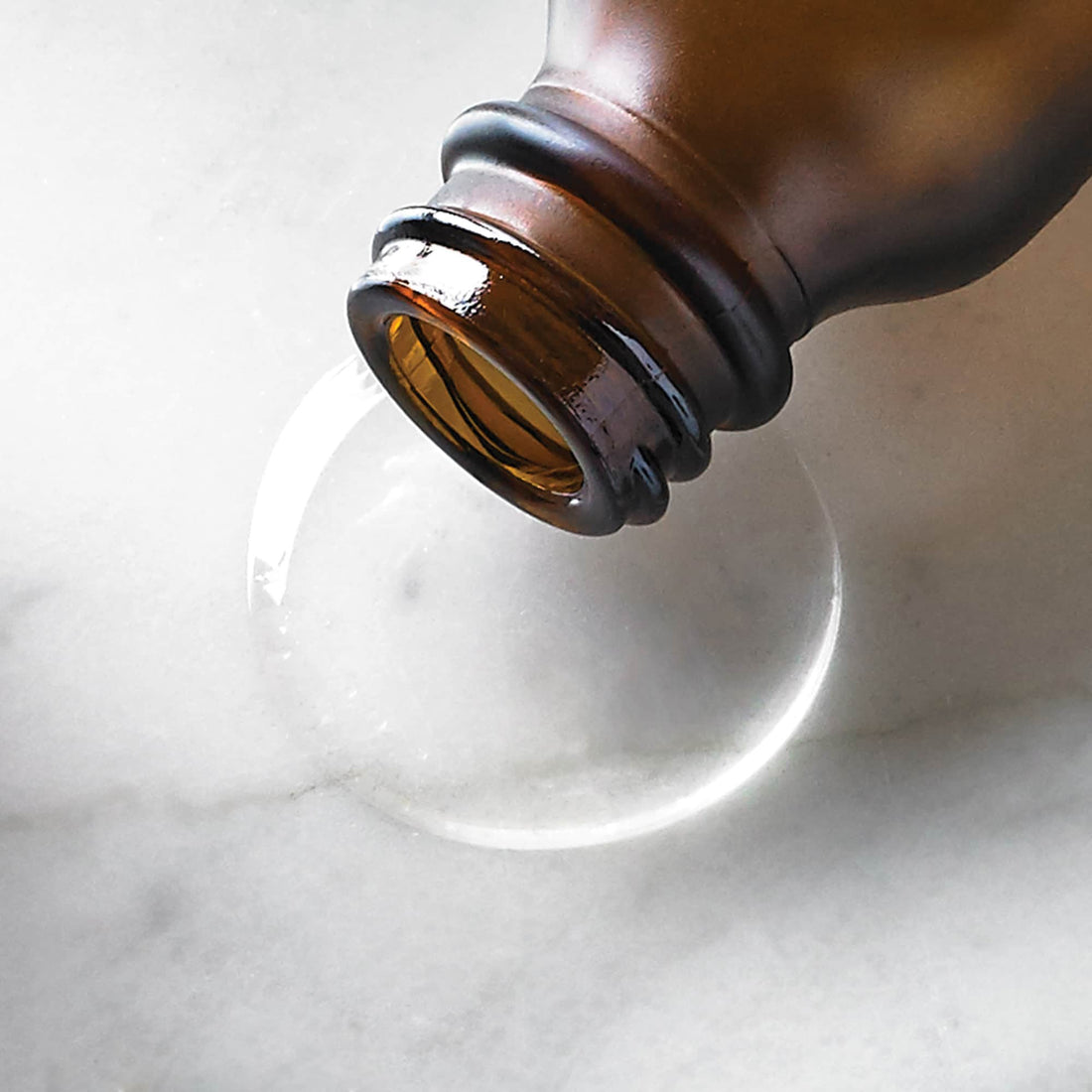
The science behind how retinoids work
This is where things get scientific as vitamin A travels through a few different conversion stages within the human body, a journey that’s often referred to as the ‘vitamin A pathway’.
It sounds more confusing than it is, though. In short, each type of retinoid represents a different stage of the journey, which is what helps to determine its strength, how it works and how effective it’ll be. Since skin can only accept retinoic acid, all other types of retinoid must convert into it before it can start working. There is a conversion process (the vitamin A pathway) and each form of retinoid takes one, two, or three steps – and the fewer steps there are, the quicker the retinoid will start to work.
For example, retinol must first convert into retinal before it then converts to retinoic acid (two steps), but retinal only needs to take one step before it becomes retinoic acid.
The benefits of retinoids
Retinoids really do have such a huge variety of benefits for the skin, and that’s why they are considered the gold standard of anti-ageing. There is a retinoid suitable for just about everybody, no matter what your skin type. So, if you’re wondering what the key benefits of using retinoids are, let us tell you:
All of these benefits combined will lead to a visibly healthier, brighter and more youthful-looking complexion, and thanks to Medik8’s range of creams, serums and moisturisers, we can help you discover your new favourite vitamin A.
The side effects of retinoids
While there is no denying just how effective retinoids can be, there are also a few potential side effects to be aware of. They can vary in intensity depending on skin type and also the strength levels of the retinoid you’re using, plus how often you’re using it.
A few of the most common side effects are listed below, but don’t let this put you off using it. As long as you’re following the instructions properly, and as long as you introduce it slowly into your routine and gradually increase the strength you’re using then you shouldn’t have any issues, but if you’re unsure it’s always best to speak to your doctor or skincare expert.
Other types of retinoids and what they're used for
While retinol is the most common type of retinoid, and likely the one that you hear of the most, there are a few others to know about. They each differ in both strength and effectiveness, as well as in the way that they are converted into retinoic acid.
What to look for in skincare containing retinoids
There are a few important things to look for when you’re choosing vitamin A-based skincare products. Firstly, there are no benefits to using a cleanser that contains retinoids, and instead, it’s best to use a cream or a serum – a product that will be applied and left on the skin instead of being washed off.
Next, be aware of packaging: your chosen product should ideally be housed in packaging that protects the stability of the ingredients being used. Products that use airless pumps are great because they protect against contamination and oxidisation, while opaque bottles can help maintain effectiveness. There should also be an expiration date to assure you that the product is fresh, that it hasn’t oxidised and is at its highest potency and so will therefore be as effective as it can be.
What other products can you use with retinoids?
Another thing to look for when you’re shopping for retinoids is what other ingredients are used within the formula. The best vitamin A formulas will contain ingredients that work to soothe the skin while supporting the rejuvenating properties that retinoids are known for.
If your skin is dry it can be beneficial to look for things like hyaluronic acid, glycerin or ceramides to help protect the skin’s barrier and help it retain moisture. Peptides are also great for helping to nourish and hydrate, while also reducing any redness. Emollients are effective for both moisturisation and hydration, while sensitive skin types may benefit from ingredients like niacinamide, aloe vera or green tea extract to reduce any possible irritation.
Some formulas are also bolstered with antioxidants – like vitamin C or ferulic acid – which can help enhance the anti-ageing benefits of retinoids.
How to add retinoids into your skincare routine: 5 top tips
Medik8 recommends

Retinol
Available in various strengths, Medik8 Retinol 3TR is formulated with 0.3% retinol and uses time-release technology designed to work throughout the night for effective results with minimal irritation.
SHOP NOWIntelligent Retinol Eye
Intelligent Retinol Eye TR is bolstered with climbazole – an ingredient proven to boost the effects of retinol – and it works to improve skin texture and minimise the look of fine lines around the eyes. It also uses time-release technology and is incredibly gentle.
SHOP NOW
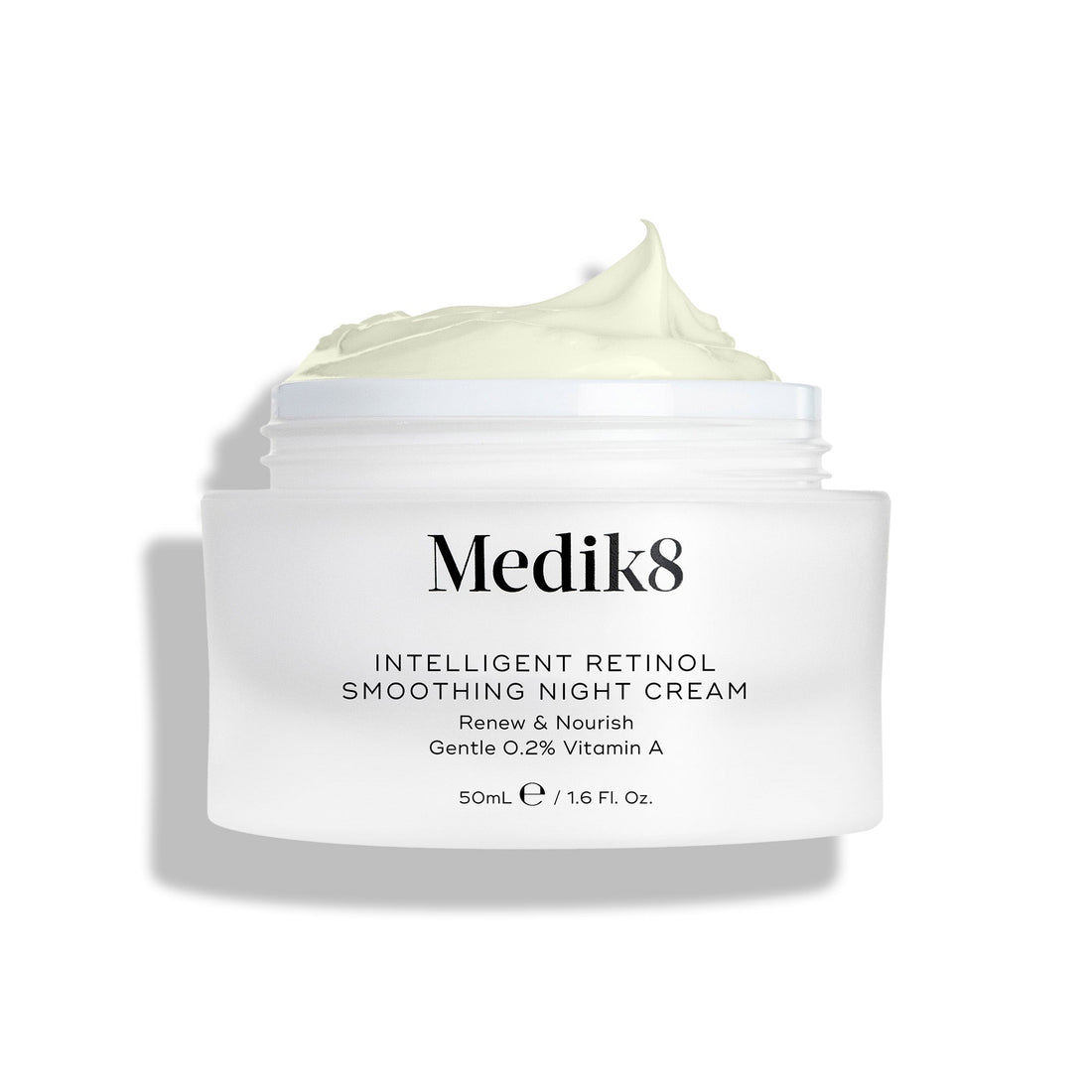
Intelligent Retinol Smoothing Night Cream
This clever 2-in-1 cream combines 0.2% retinol with a blend of nourishing antioxidants to gently smooth and refine the complexion while ensuring skin remains nourished and hydrated. Ideal for retinol newbies or those looking for a streamlined nighttime routine.
SHOP NOWCrystal Retinal
Our award winning vitamin A formula yet, Crystal Retinal is a night serum available in a series of progressive strengths designed to suit all skin types. You can gradually increase the concentration of retinal over time (from 0.01% up to 0.2%) which will provide the most impactful results possible.
SHOP NOW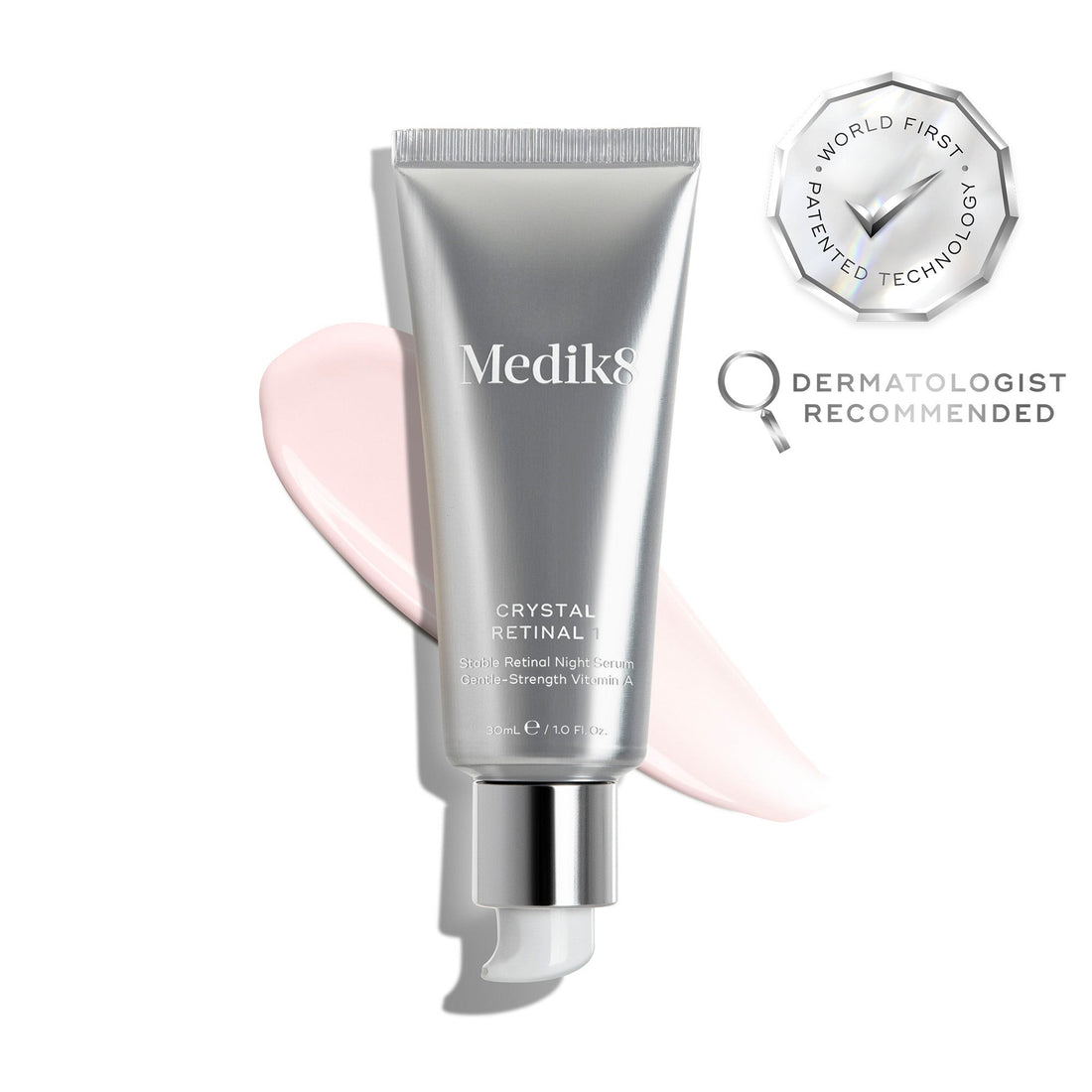
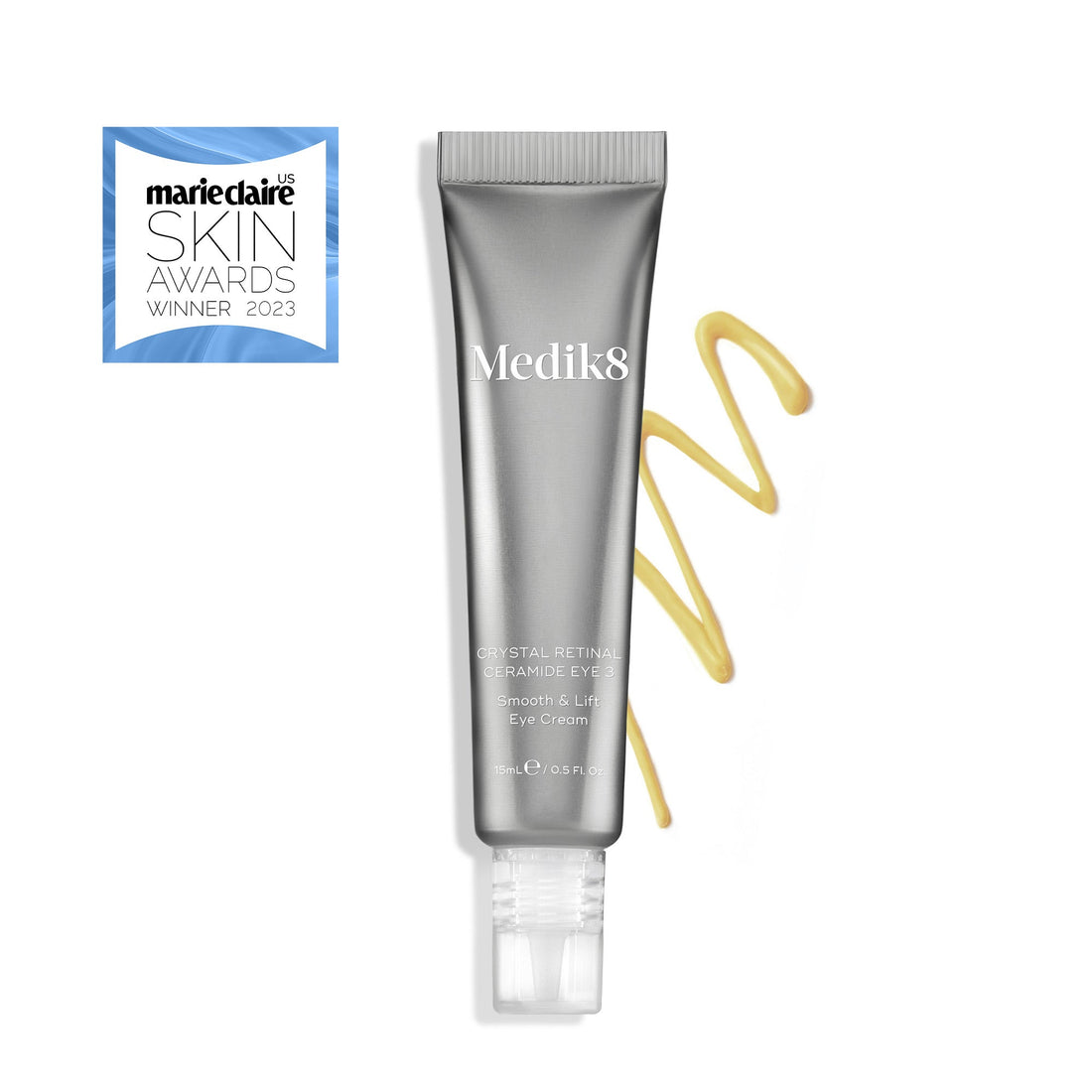
Crystal Retinal Ceramide Eye
Our bestselling Crystal Retinal formula has been developed into an eye cream designed for the delicate eye area. Available in three concentrations, the cream is lightweight and nourishing and is crafted to deliver all-night moisture whilst being gentle on sensitive skin.
SHOP NOWFAQ's
Yes, bakuchiol is clinically proven to deliver similar results to retinol without any of the potential side effects. In its original form, bakuchiol is a naturally occurring antioxidant found in a plant known as the Psoralea corylifolia
Yes, you absolutely can apply moisturiser over retinol. Not only will that help seal in moisture, but it’ll also help nourish your skin. However, it’s best to wait for the retinol to absorb into the skin – around 10-15 minutes – before applying moisturiser, otherwise it’ll just sit on top of your skin and won’t be as effective.
